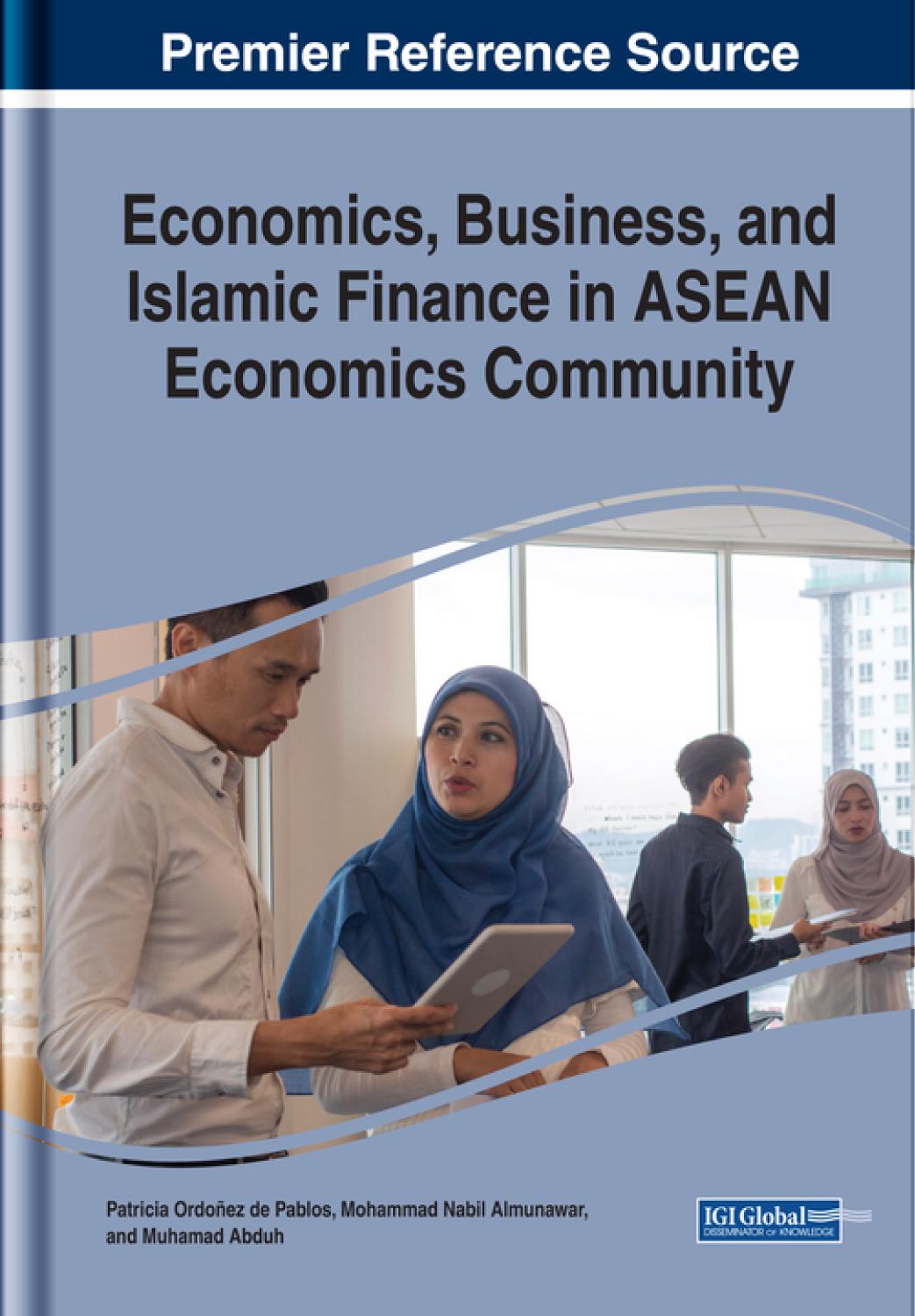

Most ebook files are in PDF format, so you can easily read them using various software such as Foxit Reader or directly on the Google Chrome browser.
Some ebook files are released by publishers in other formats such as .awz, .mobi, .epub, .fb2, etc. You may need to install specific software to read these formats on mobile/PC, such as Calibre.
Please read the tutorial at this link: https://ebookbell.com/faq
We offer FREE conversion to the popular formats you request; however, this may take some time. Therefore, right after payment, please email us, and we will try to provide the service as quickly as possible.
For some exceptional file formats or broken links (if any), please refrain from opening any disputes. Instead, email us first, and we will try to assist within a maximum of 6 hours.
EbookBell Team

5.0
60 reviewsThe economic integration of Southeast Asia or ASEAN Economic Community (AEC) offers enormous opportunities for its members to develop and collectively collaborate with other economies. Combining the culture of the region with global business in an expanding digital atmosphere, however, has caused numerous challenges on an international scale. Due to the importance of this economic player in Asia, research on key topics including Islamic economics, Islamic finance, technology, and cultural issues in doing business are essential to understand the ASEAN competitive landscape and its relations with other countries.
Economics, Business, and Islamic Finance in ASEAN Economics Community is a pivotal reference source that explores key issues and enhances understanding of business and economics in the ASEAN community and explores the collaboration between this community and Islamic finance and technology. While highlighting topics such as global business, smart manufacturing, and human resource management, this publication explores sustainable development practices as well as the methods of cultural appreciation in economics. This book is ideally designed for deans, heads of department, directors, politicians, policymakers, economists, corporate heads, senior general managers, managing directors, information technology directors and managers, libraries, academicians, researchers, and students.